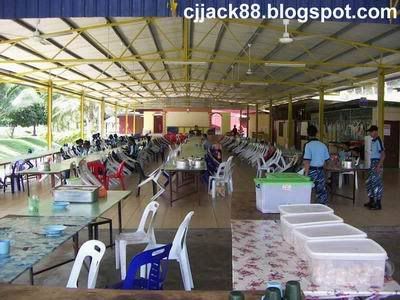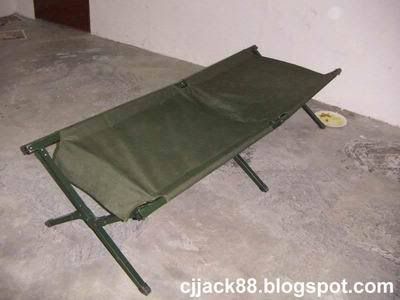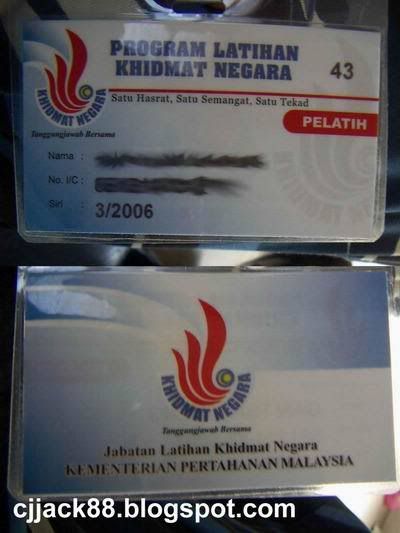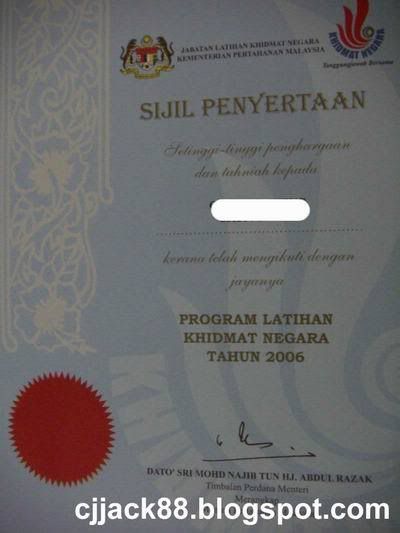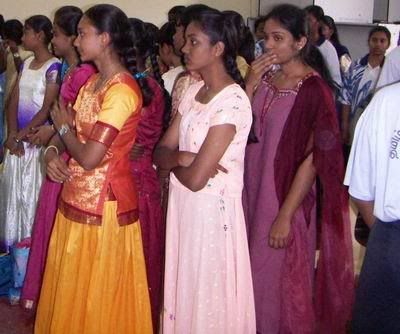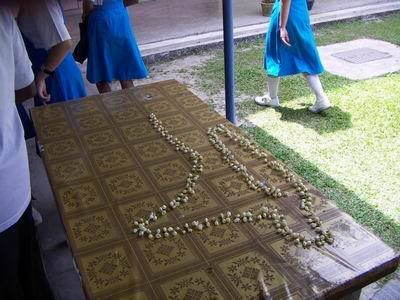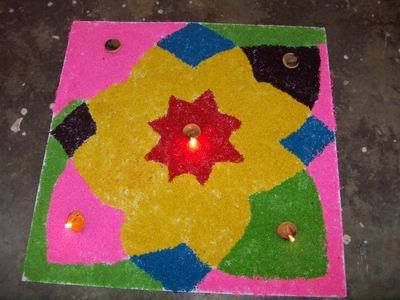刚才在 Wikipedia 找东西时,看到关于stpm的文章。读了一年半,也该对它要有些了解吧。
Sijil Tinggi Persekolahan MalaysiaFrom WikipediaThe Sijil Tinggi Persekolahan Malaysia (STPM, English: Malaysian Higher School Certificate) is a pre-university examination taken by students in Malaysia. It was formerly known as the Higher School Certificate (HSC). The HSC was the precursor to the GCE A levels in the UK, and is still the name of the pre-university examination in some states in Australia.
The STPM is set and run by the Malaysian Examinations Council (Majlis Peperiksaan Malaysia), which also runs the Malaysian University English Test (MUET), unlike Sijil Pelajaran Malaysia (SPM, English: Malaysian Certificate of Education; taken at the end of Form 5), Penilaian Menengah Rendah (PMR, English: Lower Secondary Assessment Test; taken at the end of Form 3) and Ujian Penilaian Sekolah Rendah (UPSR, English: Primary School Assessment Test; taken at the end of Standard/Year 6), which are all set and examined by the Malaysian Examinations Syndicate (Lembaga Peperiksaan Malaysia), both of whom, however, are under the Ministry of Education.
STPM is one of the two major pre-university systems for admission to Malaysian public universities. The other is a one-year matriculation programme conducted by the Ministry of Education. Contrary to popular belief, STPM is not the only qualification accepted besides the matriculation programme and Sijil Tinggi Agama Malaysia (STAM, English: Malaysian Higher Religious Certificate; taken by religious schools' students). Candidates technically may apply for admission to degree-level courses with a variety of pre-university examinations considered equivalent with STPM, including A-Level. All those applying for universities, however, must have taken the MUET.
STPM is internationally recognised by many universities, especially those within the Commonwealth of Nations as well as the United States and the Republic of Ireland. Most universities consider STPM results equivalent to GCE A-Level results.
Form SixSTPM candidates sit for no more than five subjects, all within the same examination season. All Science- and Mathematics-related subjects (Mathematics S, Mathematics T, Further Mathematics T, Computing, Physics, Chemistry, and Biology) are offered bilingually in English and Malay until 2007, when they will be offered only in English. All other exams, other than languages, are still offered only in Malay and are likely continue to do so for the foreseeable future.
STPM is an open-list examinations; that means any combination of subjects may be taken. However, to be considered for Malaysian public university admission, students must take Pengajian Am (General Studies) and at least three other subjects. Most, if not all, schools and colleges offering STPM, however, do stream their students into science and arts (humanities).
A list of all subjects available for STPM students are:
*Pengajian Am (General Studies)
*Bahasa Melayu (Malay language)
*Bahasa Cina (Chinese language)
*Bahasa Tamil (Tamil language)
*Bahasa Arab (Arabic language)
*Literature in English
*Kesusasteraan Melayu (Literature in Malay)
*Pendidikan Islam (Islamic Studies)
*Syariah (Syariah)
*Usuluddin (Islamic studies)
*Sejarah (History)
*Geografi (Geography)
*Ekonomi (Economics)
*Pengajian Perniagaan (Business studies)
*Perakaunan (Accountancy)
*Mathematics S (may not be taken with Mathematics T)
*Mathematics T (may not be taken with Mathematics S)
*Further Mathematics T (may only be taken with Mathematics T)
*Computing (may only be taken at certain schools)
*Physics
*Chemistry
*Biology
*Sains Sukan (Sport science)
*Seni Visual (Visual Art)
*For most non-science and sport science subjects, there are generally two papers per subject. For science subjects, there are three papers, with the third a practical paper[1] (though all but Computing offers a written paper as an alternative for private candidates).
Mathematics S and Mathematics T[2] share the first paper (consisting of Pure Mathematics), while with slightly different second papers, the prior with a more business mathematics approach while the latter a more science-related and statistical approach. Both subjects have both their papers graded separately on a different curve, though all questions shared between the subjects are marked with the same, secret marking scheme.
Grades and Grade PointsSTPM uses a Cumulative Grade Point Average (CGPA) system. There are 11 grades, which are A, A-, B+, B, B-, C+, C, C-, D+ and D, with F as the failing grade. The grade points for each of these grades are between 4.0 and 1.0, A being 4.0 and D- being 1.0. The F grade gives a grade point of 0.
Grade and Grade points
A - 4.00
A- - 3.67
B+ - 3.33
B - 3.00
B- - 2.67
C+ - 2.33
C - 2.00
C- - 1.67
D+ - 1.33
D - 1.00
F - 0.00
In order to pass a paper, candidate must at least score a C(2.00) or above. Having a grade between D to C- is a principal pass (lulus separa).
Each paper's grade appears on the result slip and the certificate. The subject's grade and grade point is determined by the weighted average results of all papers in that subject, where all papers must be passed, otherwise the grade and grade point would be, respectively, F and 0. The cumulative grade point average is the average of the top four subjects taken and usually rounded up to 2 decimal points. Therefore, if a student scores A in four subjects and fail in the fifth, his CGPA would be 4.0.
The actual range of scores within each grade is undisclosed and changes annually, depending on the performance of the candidates. Usually, the range of marks of science subjects is relatively higher than non-science subjects.
Cumulative and subject GPA at 2.0 and above is considered a pass with credit or principal pass. GPA below 2.0 is considered a sub-fail, and a 0 is considered a fail. Admissions to local public universities requires at least a GPA of 2.0 and above, though private universities, university colleges and colleges generally may accept student with CGPA less than 2.0.
The CGPA system in STPM poses some problems for admissions to American universities because the GPA range between 4.0 and 0 (unlike Advance Placement range of 5.0 to 0) may understate the academic achievements of an applicant




